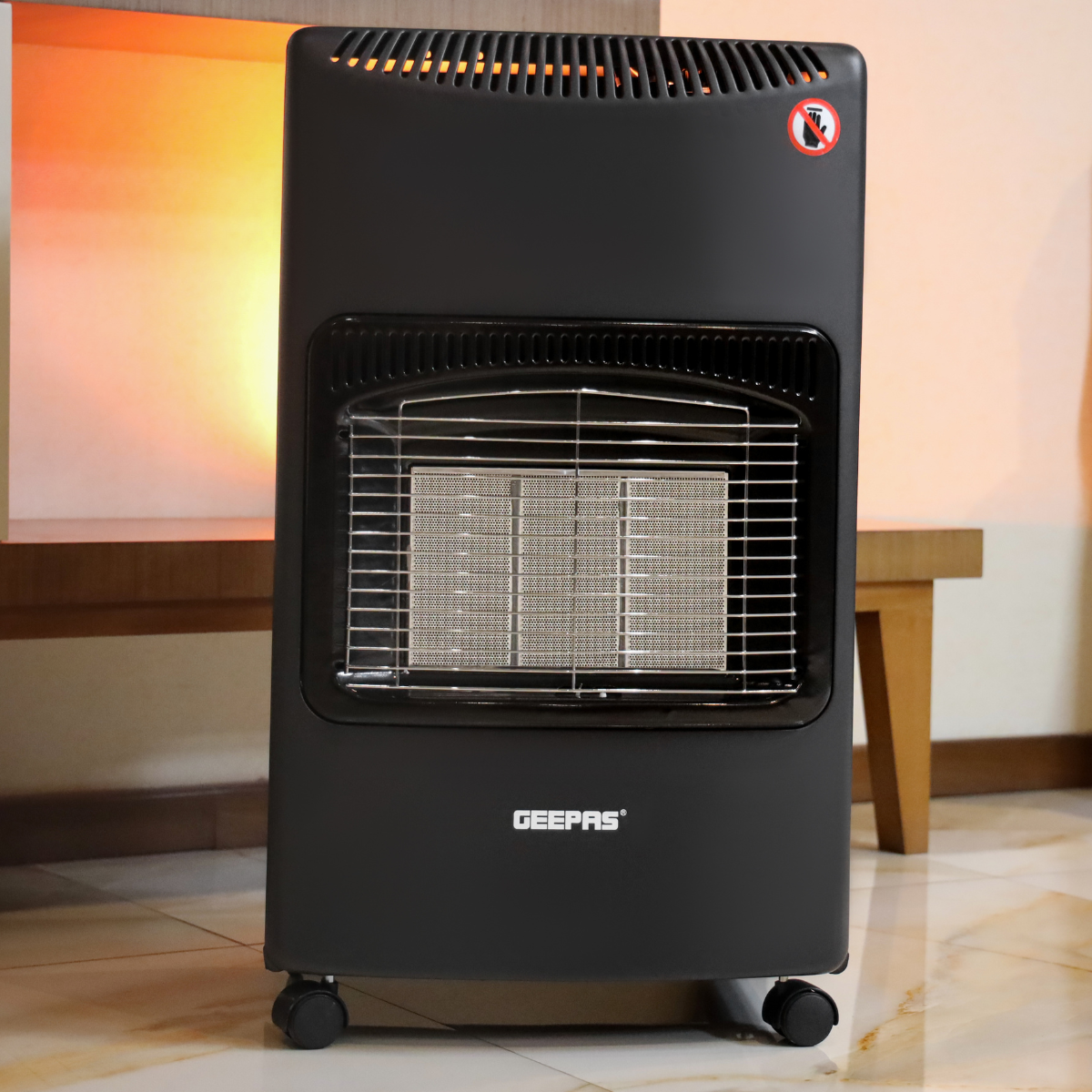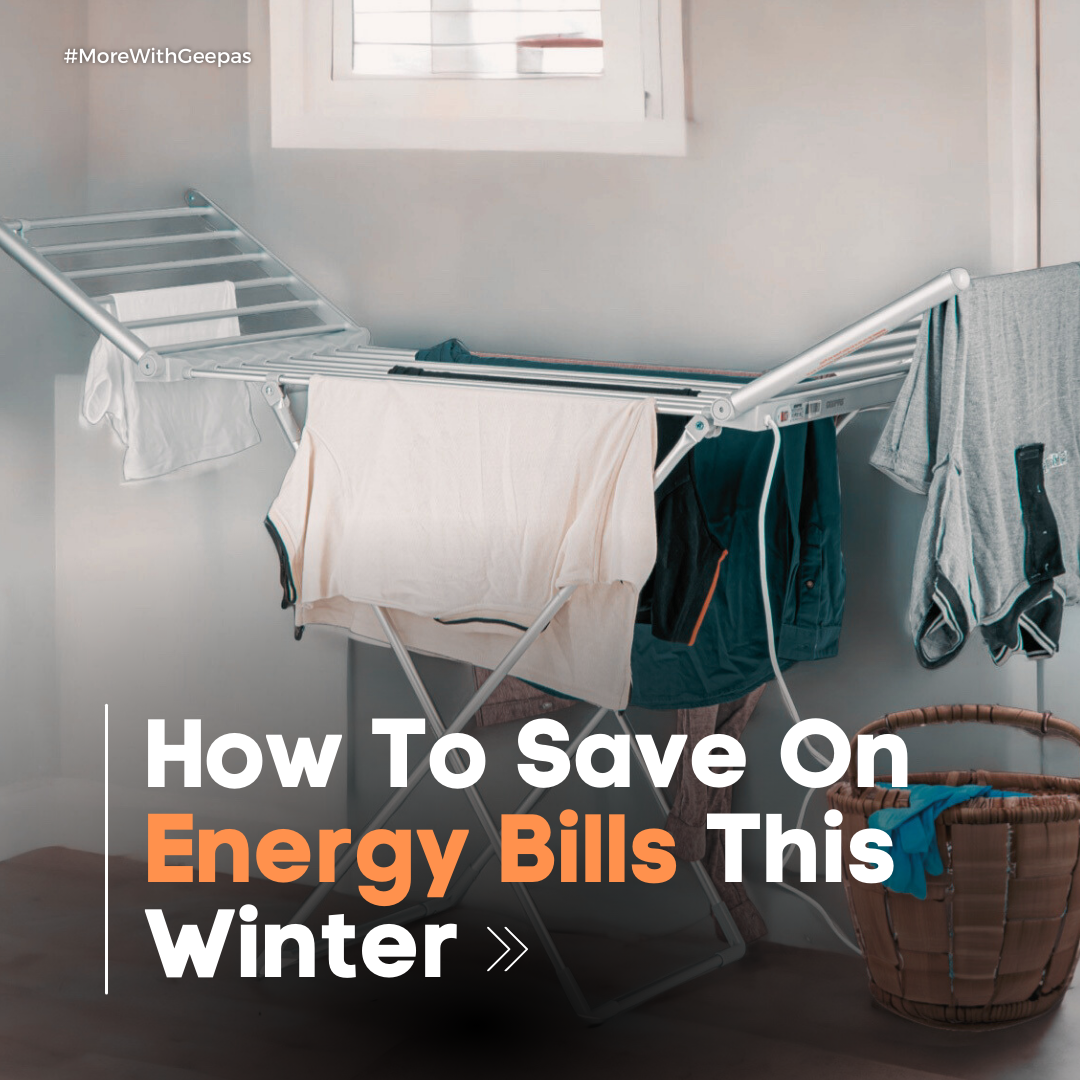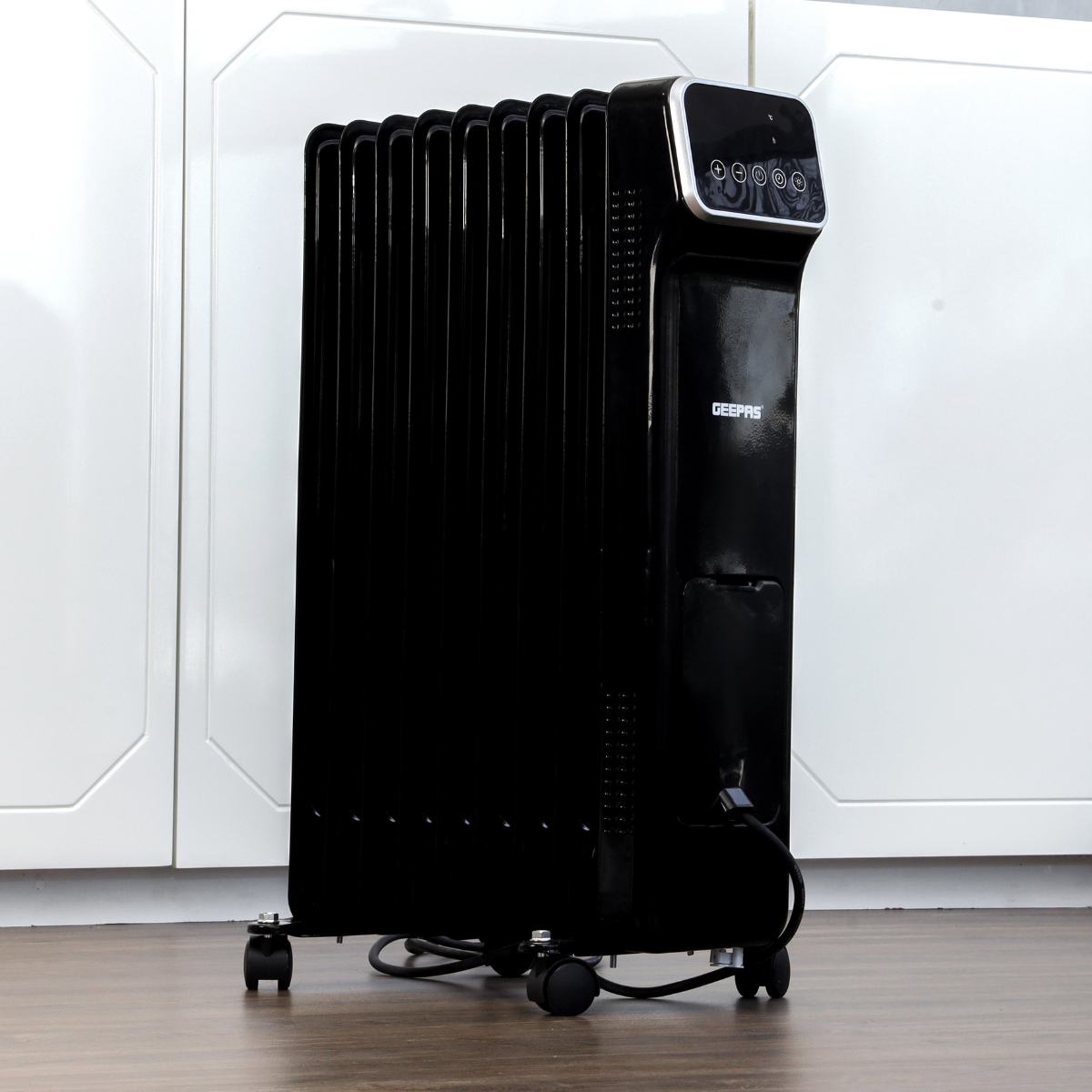Portable gas heaters are convenient and efficient solutions for heating indoor spaces, but they require careful handling and safety precautions. Whether you're using a gas heater in your home, office, or whilst camping, it's essential to prioritize safety. In this article, we'll explore a comprehensive guide to portable gas heater safety tips and best practices to ensure a warm and secure heating experience.
Choose The Right Heater: Select a gas heater that suits your space. Make sure it is designed for indoor use, as some outdoor models are not safe for enclosed areas.
Read The Manufacturer's Instructions: Before using your gas heater, thoroughly read the manufacturer's instructions and safety guidelines. These documents contain vital information regarding proper installation, operation, maintenance, and safety precautions.
Proper Ventilation: Ensure proper ventilation in the room where you use your gas heater. Portable gas heaters release combustion by-products, such as carbon monoxide, which can be harmful if not adequately ventilated. Crack open a window or door to allow fresh air to circulate.
Carbon Monoxide Detectors: Install or ensure carbon monoxide detectors in any room with the gas heater are working. These detectors can alert you to dangerous levels of carbon monoxide and provide early warnings.

Regular Maintenance: Perform routine maintenance, such as cleaning, inspecting gas lines, and checking for leaks, as recommended by the manufacturer. Pay special attention to hoses, valves, and regulators.
Leak Detection: Use a gas leak detector solution to check for gas leaks around connections. If you notice bubbles or smell gas, immediately turn off the heater, open windows, and call a professional technician for repairs.
Secure Placement: Place the heater on a stable, level surface to prevent it from tipping over. Avoid placing it on or near flammable materials, like curtains, furniture, or paper.
Keep Clearances: Maintain clearances around the heater as specified in the manufacturer's instructions. Adequate spacing ensures proper air circulation and prevents overheating.
Child & Pet Safety: Keep children and pets away from the heater, as the outer surfaces can become very hot. Use safety gates to create a barrier if necessary.

Turn Off While Sleeping: Avoid leaving the gas heater on when you're sleeping or leaving the room for an extended period of time. Some models have timers that can automatically shut off the unit.
Store Gas Cylinders Properly: If your heater uses propane cylinders, store them upright in a well-ventilated area away from direct sunlight, and never indoors. Disconnect cylinders when not in use.
Only Use Approved Fuels: Use the recommended type of gas such as propane or natural gas specified in your heater's instructions. Using the wrong fuel can be hazardous.
In conclusion, portable gas heaters are valuable sources of warmth but demand careful handling. Prioritizing safety by following these tips and best practices will help ensure that you enjoy a warm and secure indoor environment. By adhering to manufacturer guidelines, performing regular maintenance, and being vigilant about ventilation and leak detection, you can confidently use your gas heater to stay cosy while minimizing risks.




